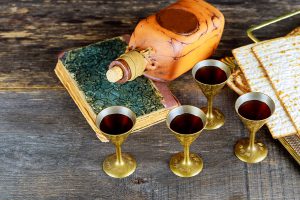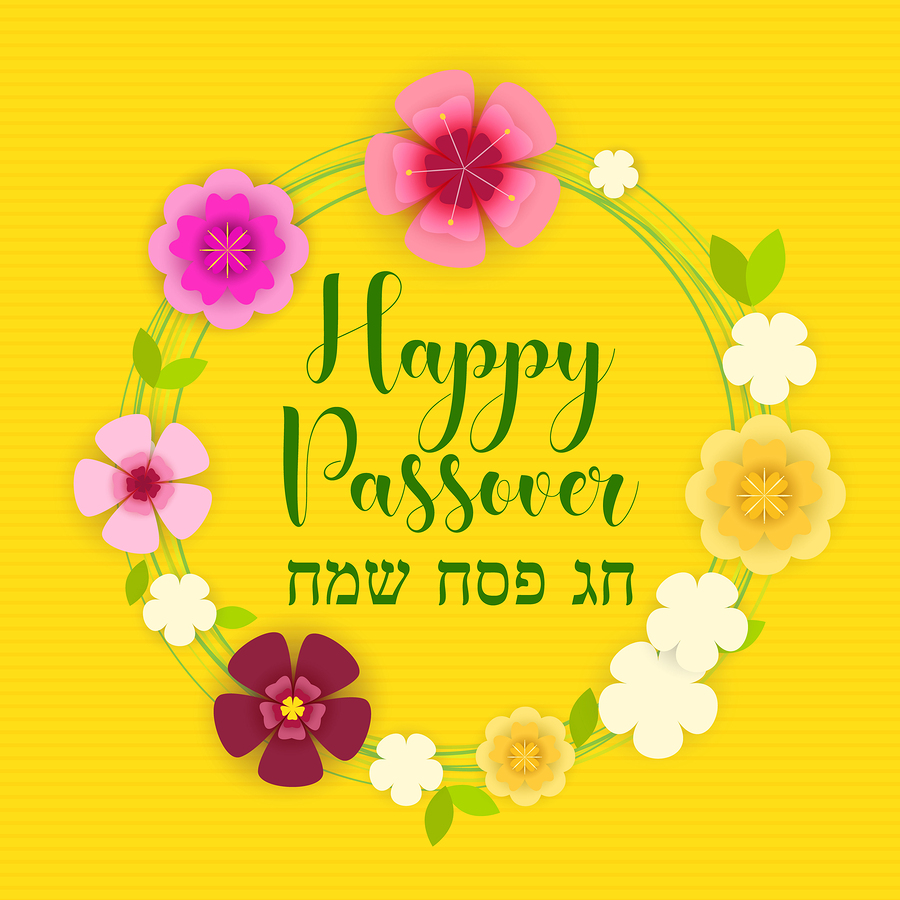By Rabbi Bryan Kinzbrunner
Campus Chaplain, The Oscar and Ella Wilf Campus for Senior Living
The Passover Seder’s liturgy contains multiple references to the holiday’s multi-generational focus, reflected in the statement “In every generation, one is obligated to see oneself as if s/he left Egypt.” Part of creating this multi-generational atmosphere is further described in the section about the four sons – the wise, wicked, simple and one who doesn’t know how to ask. The “parent’s” responsibility is to elicit conversation through dialogue and storytelling.
What would happen if a person is alone on Passover night? How would the storytelling piece work? According to Maimonides, “When a person does not have a child, his wife should ask him. If he does not have a wife, [he and a colleague] should ask each other: ‘Why is this night different?’ This applies even if they are all wise. A person who is alone should ask himself: ‘Why is this night different?’” (Mishneh Torah, Laws of Leavened and Unleavened Bread, 7:3).
In my chaplaincy work, I am regularly confronted with the challenge of loneliness. People express feeling alone after the death of a close loved one. While death removes a person physically from our lives, those people remain in our memory. Many describe “hearing” our loved one’s voices during those times we need to find a path, a way, an answer to a troubling question. Perhaps  “hearing” is a reminder of never being truly alone.
“hearing” is a reminder of never being truly alone.
On Passover, we are doing the same. To truly feel as if we were redeemed from Egypt, it is essential to ask “why is this night different?” The question implies a rupture, a change in our routine. In that moment when we ask about the ritual differences between Passover and the other holidays, we are looking for a sense of stability in the midst of the chaos. It is in the chaos that one is obligated to not ignore the instability but rather to confront it. This is true whether other people are present to express the questions to or not. As Maimonides acknowledged, even a person alone must confront the changes of the night, asking the hard questions of oneself. It is through the hard questions that one can move beyond the loneliness to the remainder of the Haggadah’s message, which is one of finding redemption out of the depths of servitude.
The Oscar and Ella Wilf Campus for Senior Living is comprised of Stein Assisted Living and the Jaffa Gate Memory Care Neighborhood, Stein Hospice, Wilentz Senior Residence, Wilf Transport, and The Foundation at the Wilf Campus. For more information, contact us at (732) 568-1155, [email protected] or visit us at www.wilfcampus.org.

